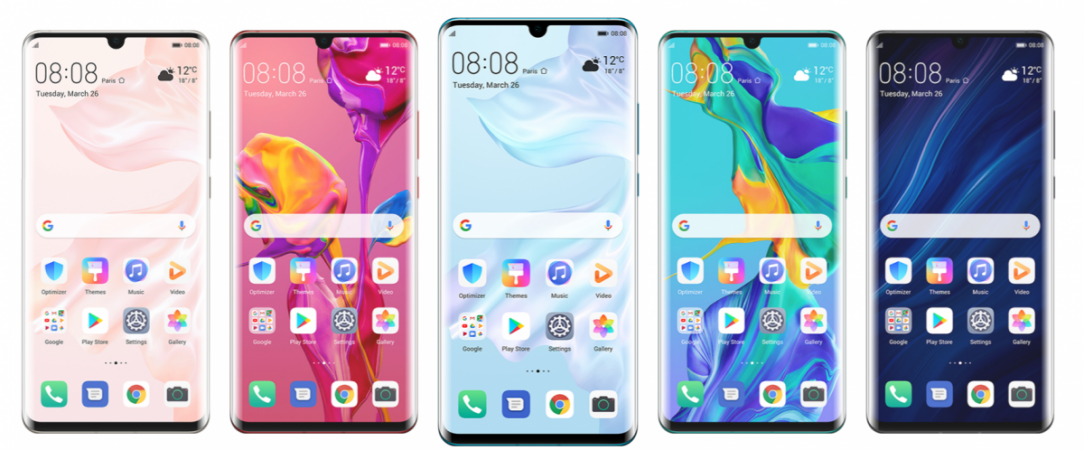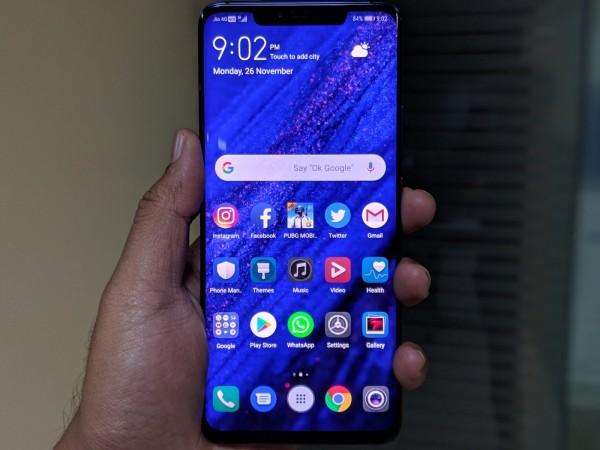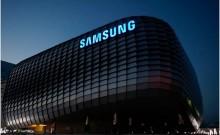Huawei, the world's second-largest smartphone maker, is in deep trouble as Google has confirmed that the Chinese smartphone giant's next flagship cannot be sold with Google's popular apps and services due to the US ban. This means, the upcoming Mate 30 and Mate 30 Pro won't be shipped with Google Maps, Gmail and even Play Store.
The trade ban imposed by the US had a significant impact on Huawei, which deals with a lot of US-based companies, including Google, Qualcomm and others. US President Donald Trump's administration blacklisted Huawei in May over national security concerns, something Huawei strongly denies.
Despite the tension, there was a relief when the Trump administration postponed the ban by 90 days. There was a second 90-day extension granted just last week, allowing Huawei to take provide necessary product service and support, including software updates, to existing Huawei smartphones. But the temporary pardon on the ban does not apply to new products, which include the upcoming Mate 30 and Mate 30 Pro going to be launched next month, a Google spokesperson told Reuters.
This whole situation puts Huawei in a tough spot. The company will have a tough time selling its premium flagships if they are stripped of the most used apps and services in the world. Even though the Mate 30 series will continue to run Android, the phones will lack Google apps.

Huawei will need to offer an alternative for services like Gmail, Google Maps and Play Store for its consumers. Huawei already has its own AppGallery, which hosts a wide range of popular apps like WhatsApp, Facebook and others, but Google apps are nowhere to be found in it. Now, it remains to be seen how Huawei will compete against the likes of Samsung's Galaxy Note 10 series, Google's upcoming Pixel 4 series and even OnePlus 7 Pro.
Huawei has been readying a contingency for a situation just like this. The company even announced its own mobile operating system called Harmony OS but revealed it had no plans to use it in a phone this year. Even then, competing with an established mobile platform with a newly-built OS is going to have a lot of convincing for Huawei to do before it gets consumers and critics onboard.

As Reuters noted, the US ban had a major impact on the Huawei's sales outside China. The company's market share dipped from 24.9 percent in the first quarter to 19.3 percent in the second. Now, with the Huawei phones being banned from using Google apps and services, it remains to be seen how Huawei survives this apocalypse.











![Miss Universe 2024: India's Rhea Singha slayed swimsuit round but failed to reach Top 12 [Watch]](https://data1.ibtimes.co.in/en/full/806361/miss-universe-2024-indias-rhea-singha-slayed-swimsuit-round-failed-reach-top-12-watch.jpg?w=220&h=138)




